

deep insights, facts & figures

The German DIY market proved robust in 2011. For the third year running it recorded sales growth, in spite of a tough competitive environment
To say that the German DIY market, along with that of Austria, are two of the most highly competitive DIY markets in the world almost amounts to a truism these days. A high number of locations and a high level of floorspace, a great number of market participants, tremendous pressure on prices, customers who go by proximity above all, not by quality or advisory service in their choice of DIY store: for years the margins of German DIY retailers averaged out at a maximum of two per cent. This has changed for many, if not all of them. Strangely enough, the global economic and financial crisis is partly responsible for this. For it led to a perceptible improvement in the German DIY retailers’ cost structure once more, to the optimisation of processes and to a certain degree of market streamlining. The number of stores is falling slightly overall, and the number of mergers and cooperative agreements is on the increase. The latest example is the partial sale of the DIY retail division of Baywa to Reinhold Semer, the owner of Hellweg. Marktkauf and Max Bahr are two more names that can be mentioned in this context, as are various buying cooperatives as well. Sales of the DIY stores in Germany experienced an increase in 2011 for the third year running, though the rise did flatten off somewhat after a strong spring season. Nevertheless, it is expected that a plus of about one per cent will have been reached by the end of December 2011. That means the sales of the 20 largest German DIY retailers in 2011 should amount to some € 29 bn. The turnover of the German DIY market as a whole should come to some € 43 bn in 2011. The three biggest German DIY retailers (Obi, Bauhaus and Praktiker), with sales approaching € 9.1 bn, would then have a 21 per cent slice of the overall DIY pie, while the top ten would account for some 43 per cent. This shows that the concentration of turnover is considerably lower in Germany than in Britain or France, for example, where the three market-leading DIY trading companies come to a combined share of around 50 per cent. German DIY retailers are still expanding into the international markets because of the tough competitive situation at home. Of the approx. 2 100 foreign outlets belonging to European DIY groups at the end of 2010, German operators were responsible for a total of 750, or significantly more than one-third. And so the German companies are concentrating on Europe, with only EMV-Profi venturing further afield to Vietnam, where it…
Related articles
Read also

 Menü
Menü



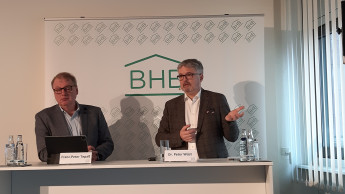
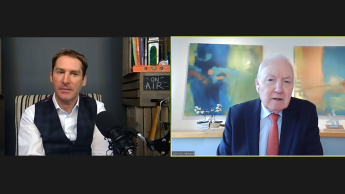




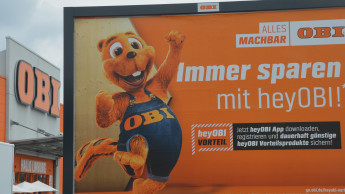
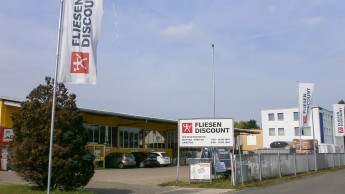
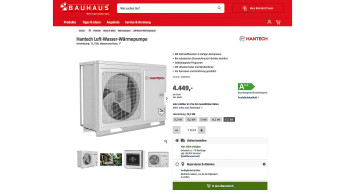
 Newsletter
Newsletter